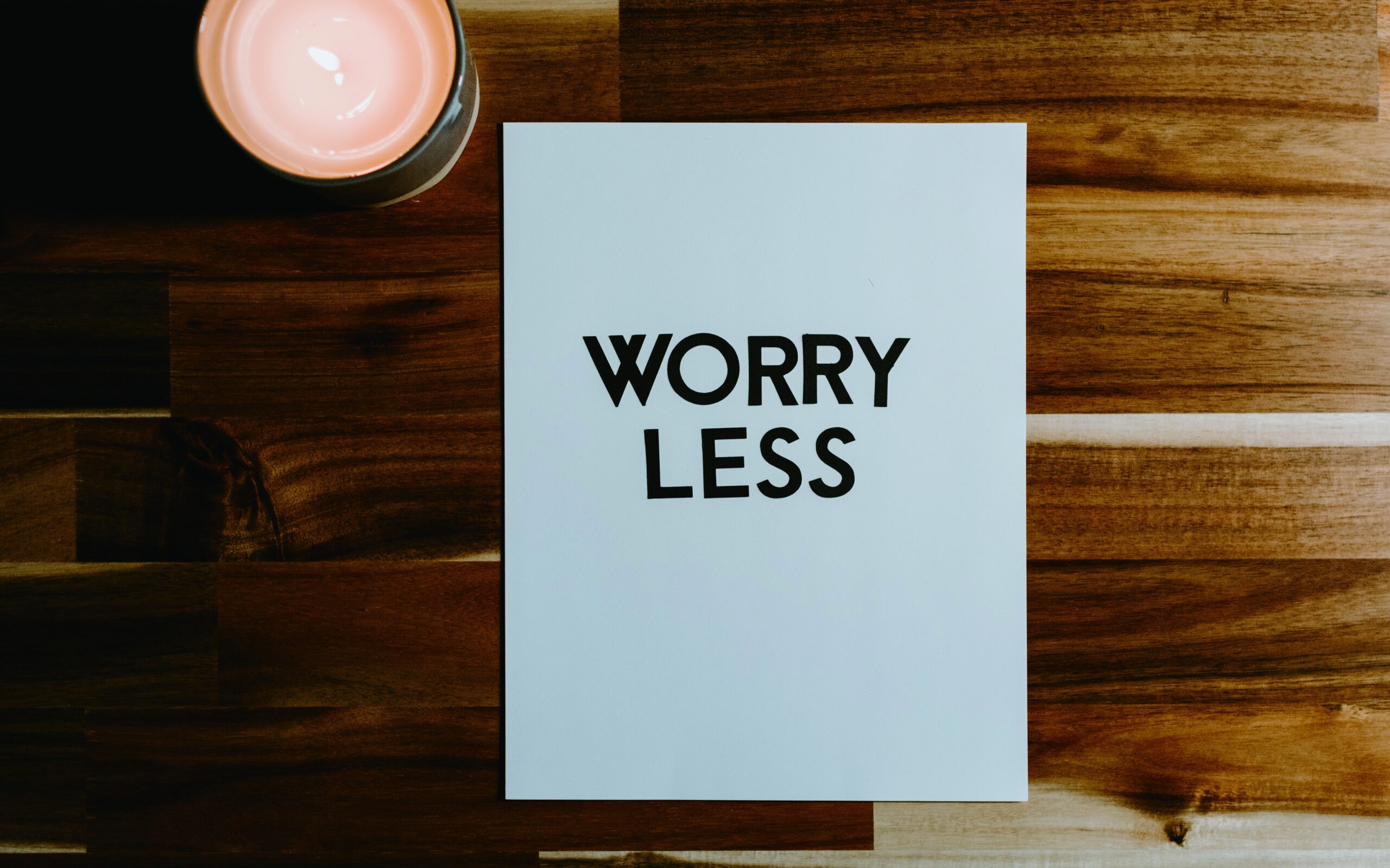Covid, its consequences and many of the related containment measures saw anxiety levels peak on a pretty much global basis. Now, as we tentatively enter the post-pandemic era, it is a good time to assess your stress and work out just how to get out from under it. One technique that many have found beneficial is Cognitive Behavioural Therapy. Essentially, this involves reframing the thought patterns and beliefs that shape your feelings and behaviour. Easily self-administered, it’s a form of therapy that has proven to be highly effective, provided, of course, that you do it right.

For beginners, these six basic CBT techniques are said to be the gateways to souping up your serenity levels.
1. Letting Go of the Past
Most of our beliefs about ourselves and the world are based on our past experiences. If someone has had a difficult time historically, it is more likely that their worldview will be decidedly down. Their self-esteem and social abilities are also likely to be negatively affected by their past problems.

To truly develop a healthy mindset, it may well be necessary to let go of your past. Accordingly, this particular CBT technique focuses on evaluating the lessons learned from difficult experiences instead of lingering on what went wrong. By shifting your perspective in this way, it is believed a more optimistic you will emerge.
2. Evaluating Probability
Worrying about failure, fearing negative outcomes and stressing about the future famously sees your cortisol spike, with the heightened level of this hormone forcing your brain into perpetual survival mode, eventually resulting in poor health and degraded cognitive abilities. Instead of allowing these thoughts to overrun your mind, it’s better to focus on the probability of something terrible not happening.

The idea is to consider the probability of something bad happening versus a positive outcome. When you realise that favourable results are as likely as unfavourable ones, it will inevitably lower your stress and anxiety levels.
3. Steering Clear of Distortions
Mental distortion is some thing we subconsciously initiate every time we blow something out of proportion. This sees us magnify the gravity of certain situations, resulting in spending more time and energy on them than is truly merited. If something does not turn out the way you want it to, don’t consider yourself permanently blighted. Instead, train your mind to not take every setback personally.

The universe, after all, is not set against you. This is a delusion that needs to be countered by putting in place realistic expectations. Similarly, if you are rewarded or recognised for good work, do not deny the validity of this achievement or question whether you truly deserve it.
4. Cognitive Restructuring
People with anxiety are prone to seeing things in black and white. The cognitive restructuring allows you to take a step back and evaluate your negative thoughts. In any situation, identify the belief that worries you and list the reasons why it may be true. Then, come up with reasons that contradict this belief. Inevitably, you will find that the latter embodies a more rational point of view.

This technique can also be effective in situations where you feel helpless. At certain times, we tend to focus on the things that are out of our control. In such an instance, direct your thoughts toward the actions you can take to avoid unpleasant circumstances. By relinquishing your powerlessness and focusing on what you can do, you’ll be in a much better emotional state to deal with any given situation.
5. Keeping a Journal
Journaling your thoughts is an effective way to keep track of your feelings, moods and behavioural patterns. A CBT journal may include the intensity of your emotions or the daily patterns of your anxious thoughts.

Such a practice will give you the tools needed to identify and change your negative thoughts and allow you to cope with even the most stressful situations. After identifying your recurring anxious thoughts, you can practice replacing them with positive affirmations on a daily basis.
6. Exposure Tasks
While most CBT techniques focus on restructuring thoughts, there are also actions that can significantly help quell anxiety. Those with a tendency to unconsciously evade situations that make people anxious are often advised to undertake exposure tasks, activities that limit avoidance, reduce anxiety and build confidence. Typically, such tasks involve gradually facing adverse situations so you can see that much of your fears are actually irrational.

The fear of public speaking, for instance, can be dealt with by practicing a speech in front of one or two friends and then progressing to speaking to a small group at work. CBT therapists recommend several relaxation skills, such as taking deep breaths, as a way of preparing yourself for such exposure.
Truly, working to improve yourself can positively impact your own well-being and your relationships with your family, friends and colleagues.
(Text: Zaira Abbas)



